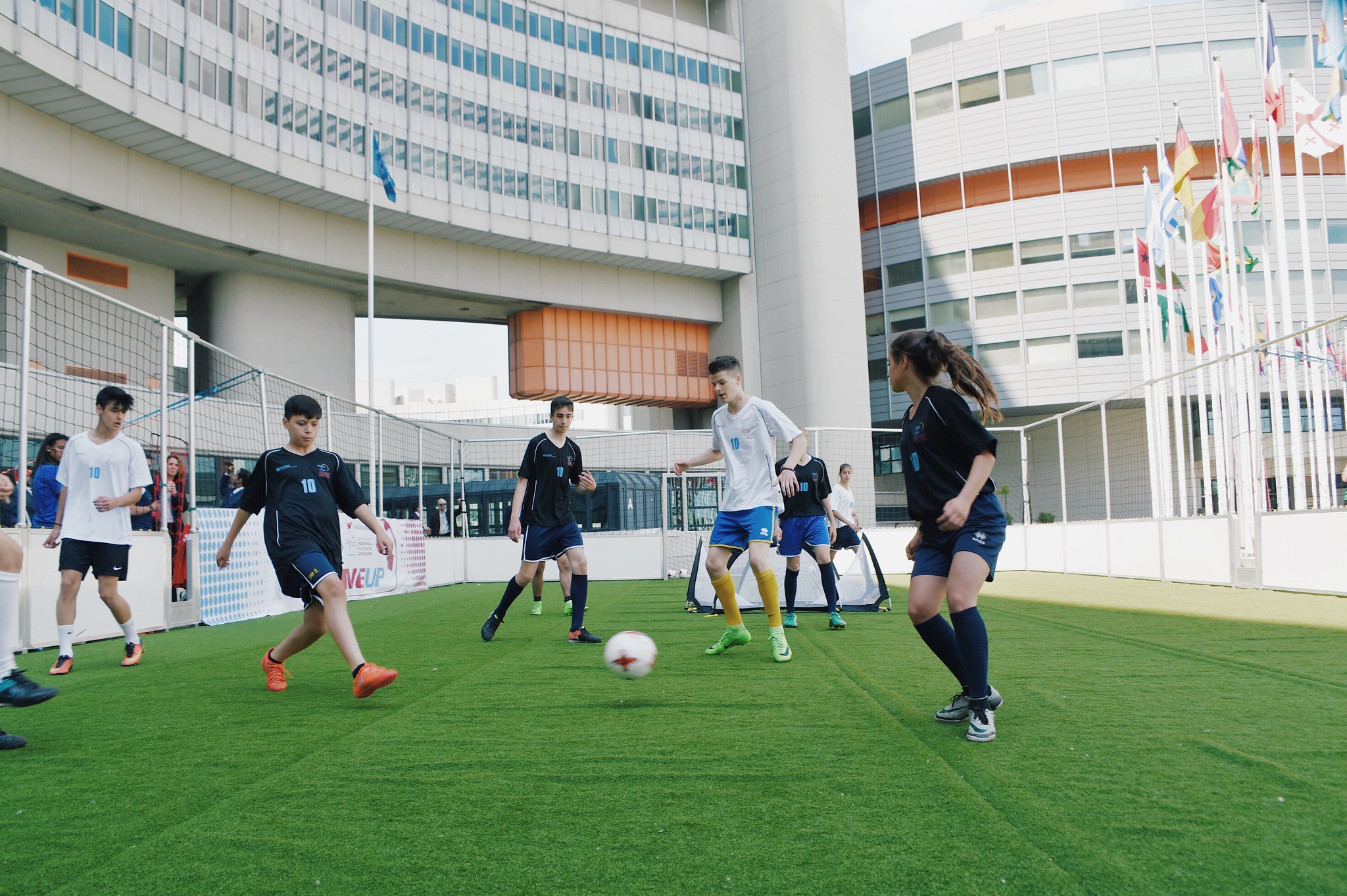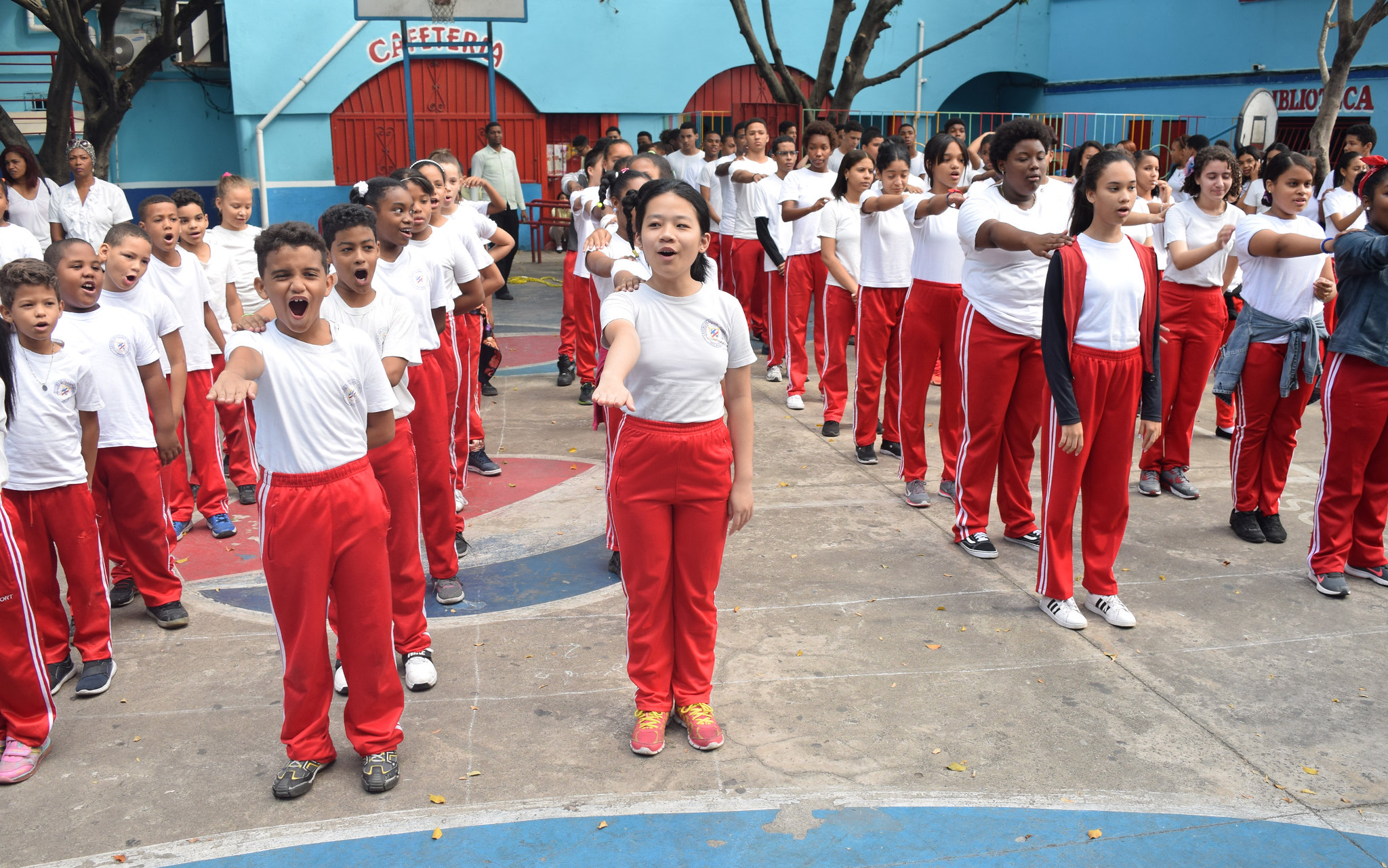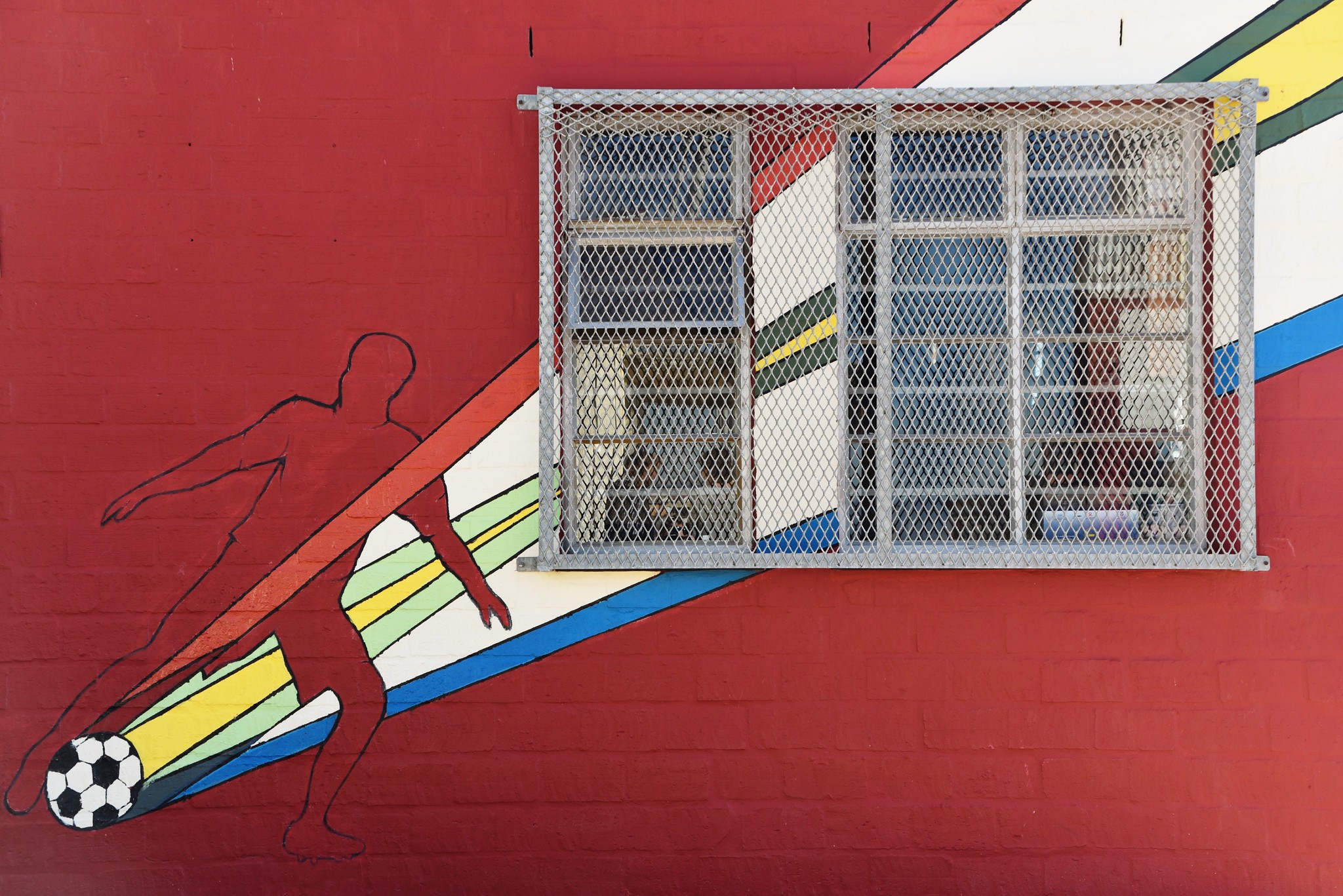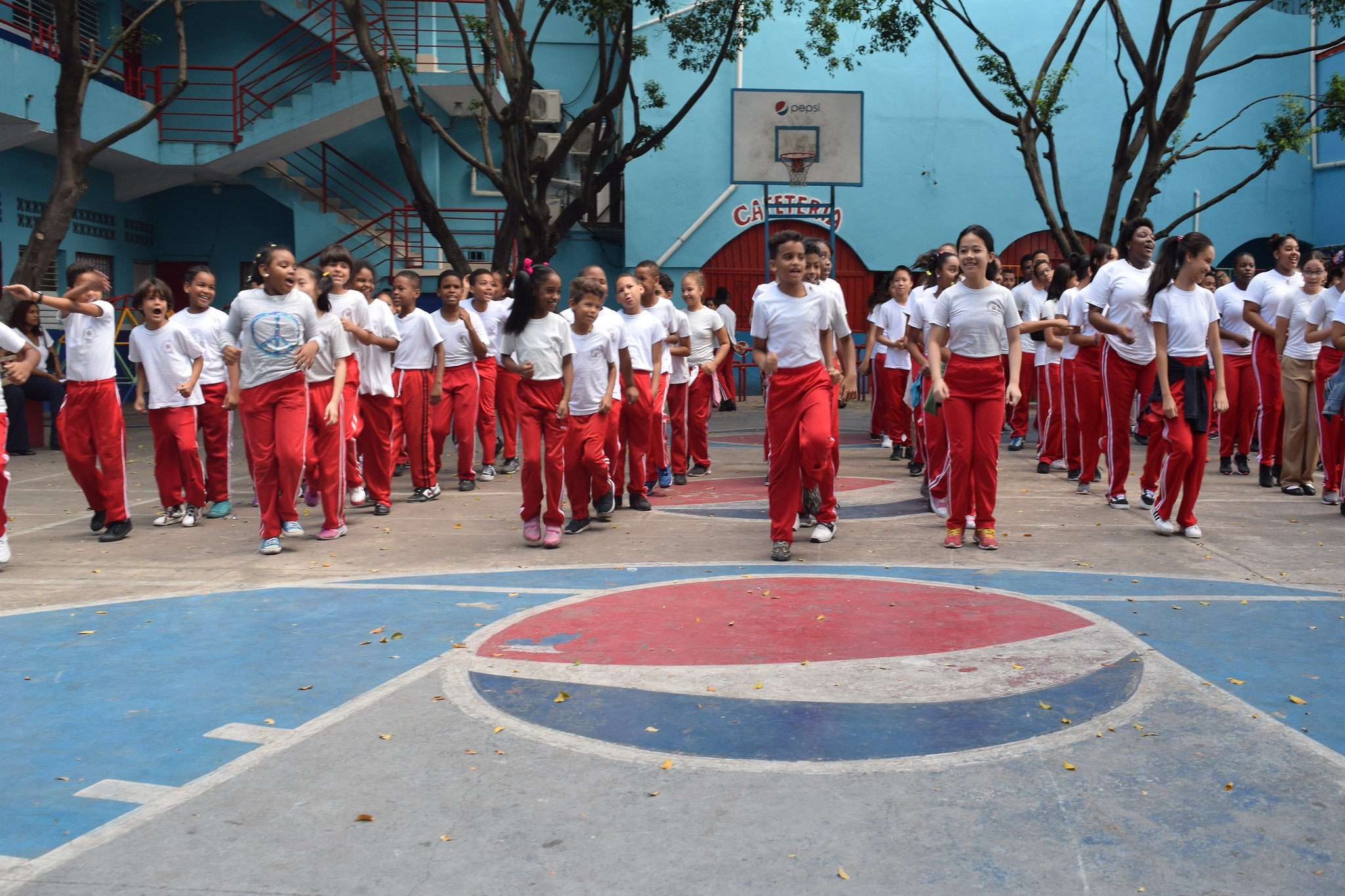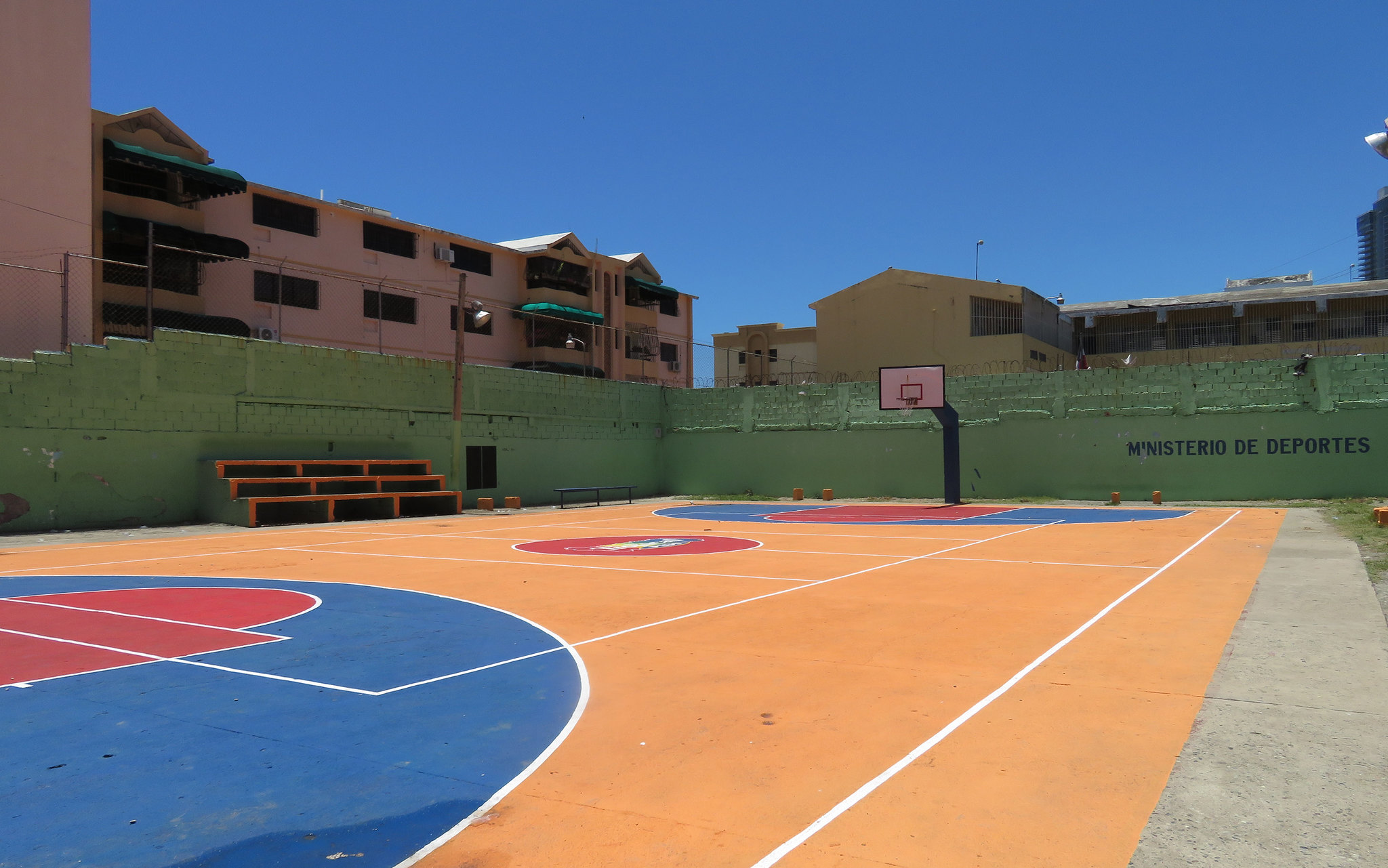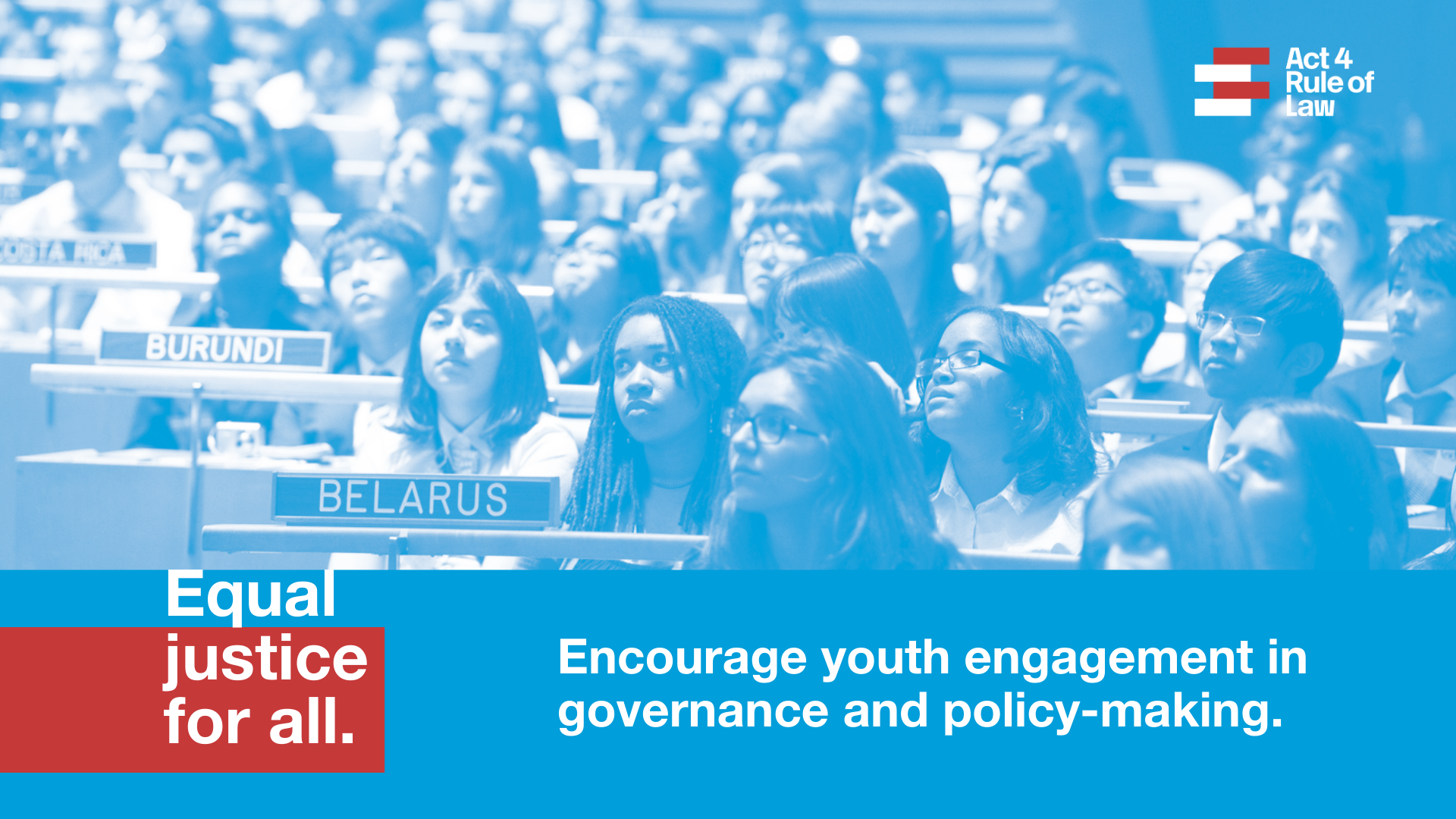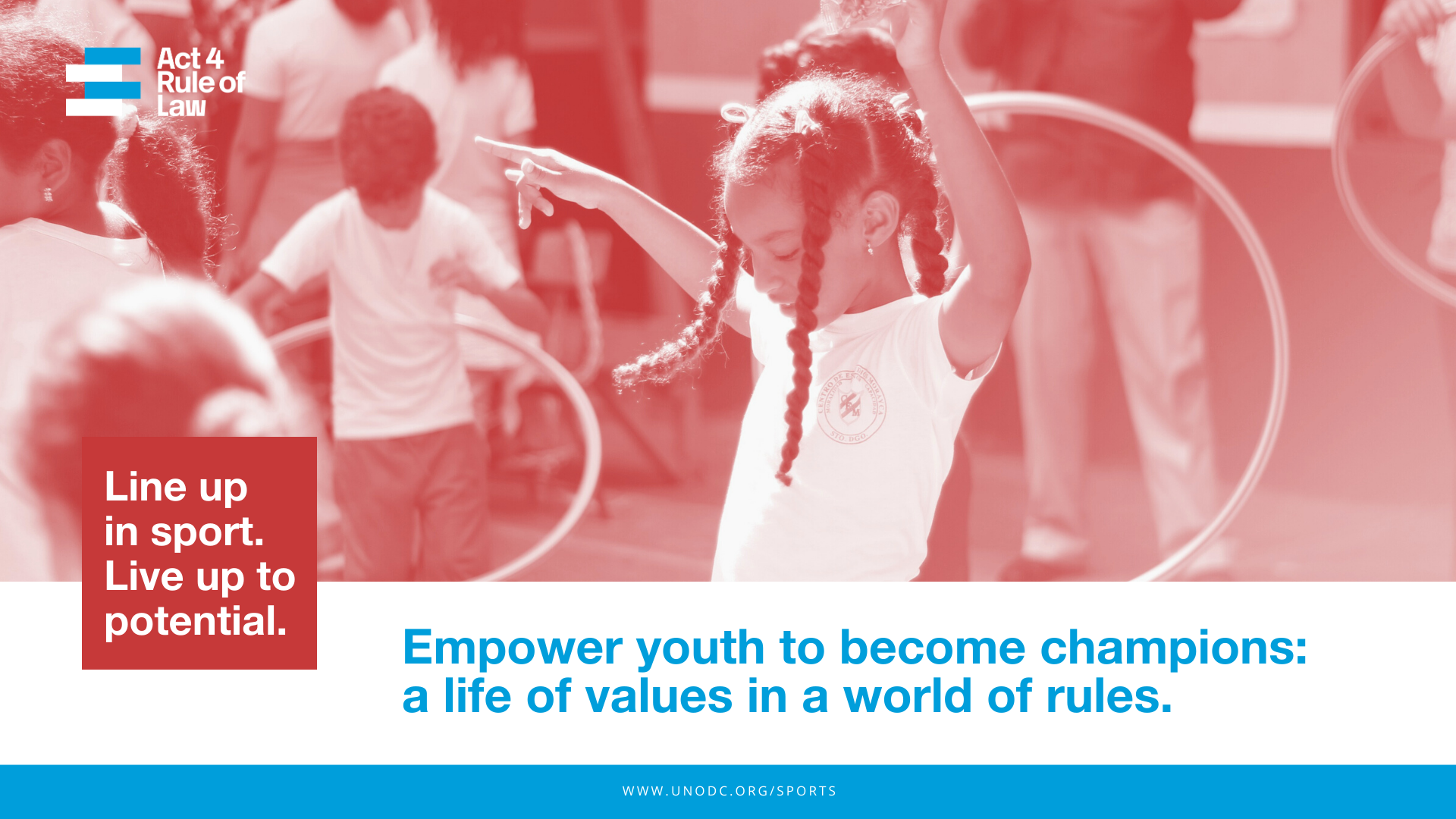The universality of sports is, in itself, of great benefit as a tool of engagement. As solid common denominators across all continents, popular team sports in particular tend to join practitioners and fans in striving for fair play and sportsmanship as they abide by accepted rules. These are notions and aspirations which are then replicated on the societal level, helping young people to feel engaged and involved in attaining similar levels of fair play in real life.
Initiative engages young people from marginalized and at-risk communities, inculcating and strengthening positive life skills and values can help young people better navigate daily challenges in life – all through sports and sport-based learning. Through trainings on ways to cope with common challenges, emotional and psychological stress, in addition to partaking in games, debriefing sessions and an array of physical activities, young people are taught to sharpen their critical thinking, decision making and problem-solving skills.
Sports alone are not the solution to crime and violence, of course, but they can be effective in engaging vulnerable youth, achieving positive youth development, and providing young people with access to solid social networks and positive role models. These trainings improve their social attitudes and strengthen their sense of social cohesion, while also significantly increasing their feelings of self-motivation, self-confidence and self-worth.
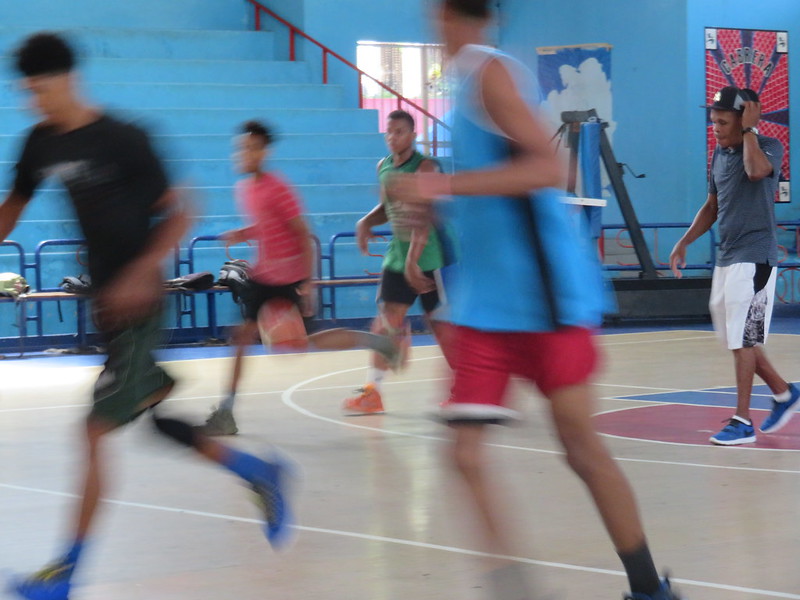

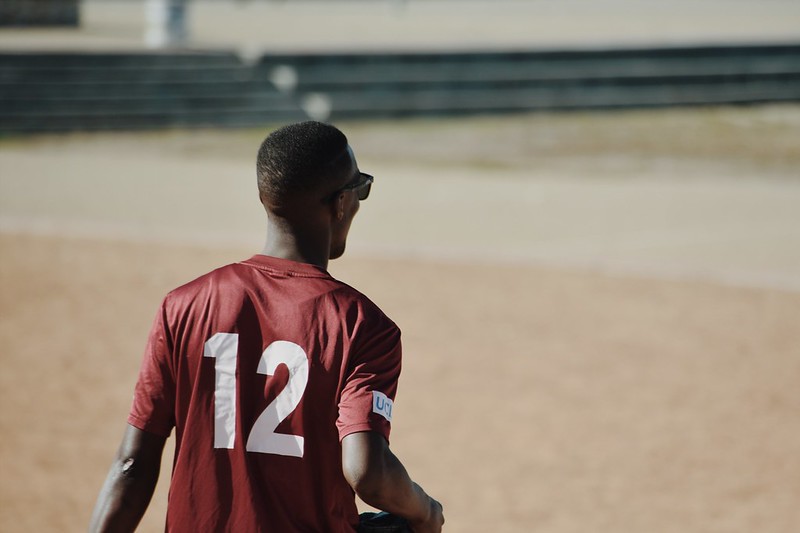
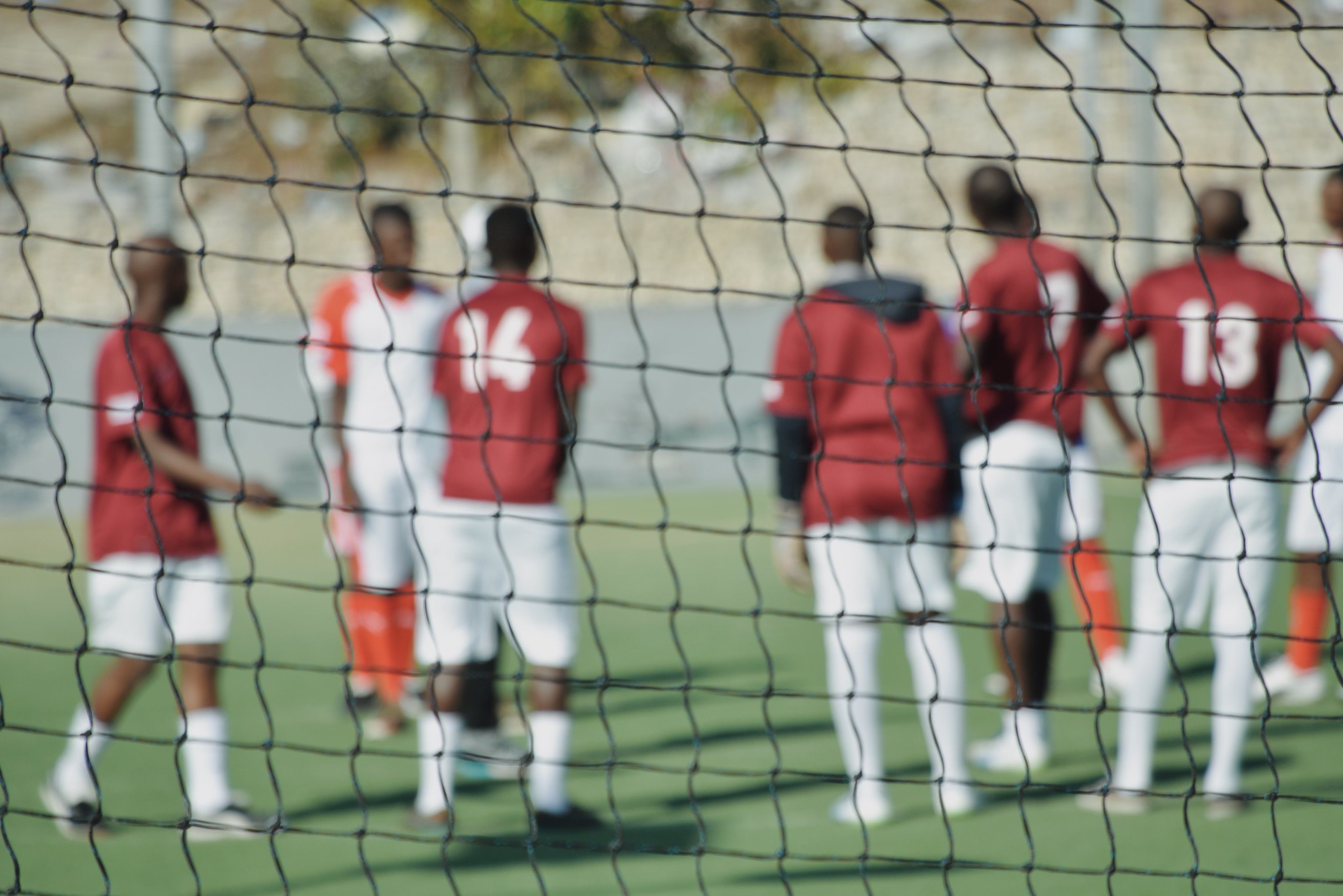
Among the many advantages of this approach is the ease of adaptation to specific cultural contexts when needed, with local and regional sports practices and specific social settings fitting easily in the training curriculum.
When previously marginalized young people become part of such programmes, sports become their way to inclusion and empowerment, thus strengthening their sense of attachment to their communities and increasing their desire to play a part in keeping them peaceful, safe and just.
Having this in mind, UNODC’s Youth Crime Prevention through Sports initiative molded these objectives into the Line Up, Live Up programme, an evidence-informed method mixing sports and life-skills training for girls and boys between the ages of 13 and 18.
As an essential tool of the #Act4RuleofLaw campaign, this programme develops in young people a sense of citizenship and togetherness. Sports certainly build character, but they can also help shape a strong base of values upon which the upcoming generation can further build, with the confidence that their participation in a lawful society is welcomed and needed.


